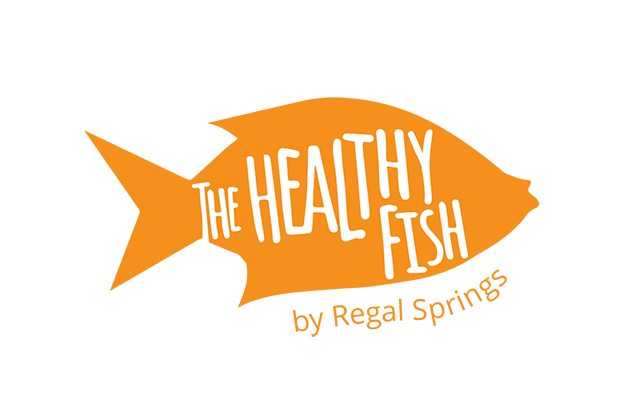Though many experts tout the benefits of a plant-based diet, there are others who point to the slightly less restrictive Mediterranean diet. It includes a high volume of fruits, vegetables and whole grains—just like a plant-based diet—as well as another source of nutrients: fish!
The benefits of a plant-focused diet are undeniable: studies show that minimal consumption of meat and dairy reduces the risk of heart disease, metabolic syndrome and more. But fish can (and should) play a crucial role in a healthy diet. And it’s all because of three key nutrients.
1. Omega Fatty Acids

Eating omega fatty acids has plenty of benefits and it’s important to up our intake. What many people don’t realize, however, is that it’s just as important—if not more so—to pay attention to the different types of this nutrient in your diet, and how much you’re getting of each.
Omega-3 and omega-6 are the two most common types of omega fatty acids, and each can be found in a variety of foods at different ratios. Many foods that are consumed as part of the standard American diet—think fried foods, red meats and processed grains—are very high in omega-6, which, when not balanced with omega-3, can lead the body to have an inflammatory response. Foods that contain more omega-3 fatty acids than omega-6 include flaxseeds, chia seeds and walnuts, but the best source of omega-3 is fish.
Read more about the Omega-3 and Omega-6 fatty acids in Tilapia.
2. Vitamin B12
Vitamin B12 is one of the only nutrients that plant-based diets are lacking: this essential vitamin is found almost exclusively in animal products like dairy, eggs, meat and fish.
Many people who follow a vegan diet take supplements to get the recommended daily amount of B12, which helps your body make DNA and red blood cells. Taking a supplement is no problem, but keep in mind that most experts agree it’s best to get nutrients from whole foods, when possible. Adding fish, like Tilapia, to your diet is a great approach.
3. Lean Protein

Fish is an excellent source of high-quality lean protein, one of the few essential macronutrients our bodies need. The National Academy of Medicine recommends eating about seven grams of protein for every 20 pounds of body weight, so for a 140-pound person, that means approximately 50 grams per day. Tilapia, especially, is low in fat and calories while being comparatively high in protein, with about 21 grams per 4-ounce fillet.
Including fish in your diet is a wonderful way to keep your meals filling, flavorful and healthy. Pair your favorite fish recipes with tons of colorful fruits and vegetables, and you’ll be well on your way to the healthiest version of you.
Want your kids to eat more omega-rich foods, like Tilapia? Check out our favorite kid-friendly recipes.
Photo Credits: Regal Springs, alisafarov / Shutterstock Inc., Bochkarev Photography / Shutterstock Inc.






